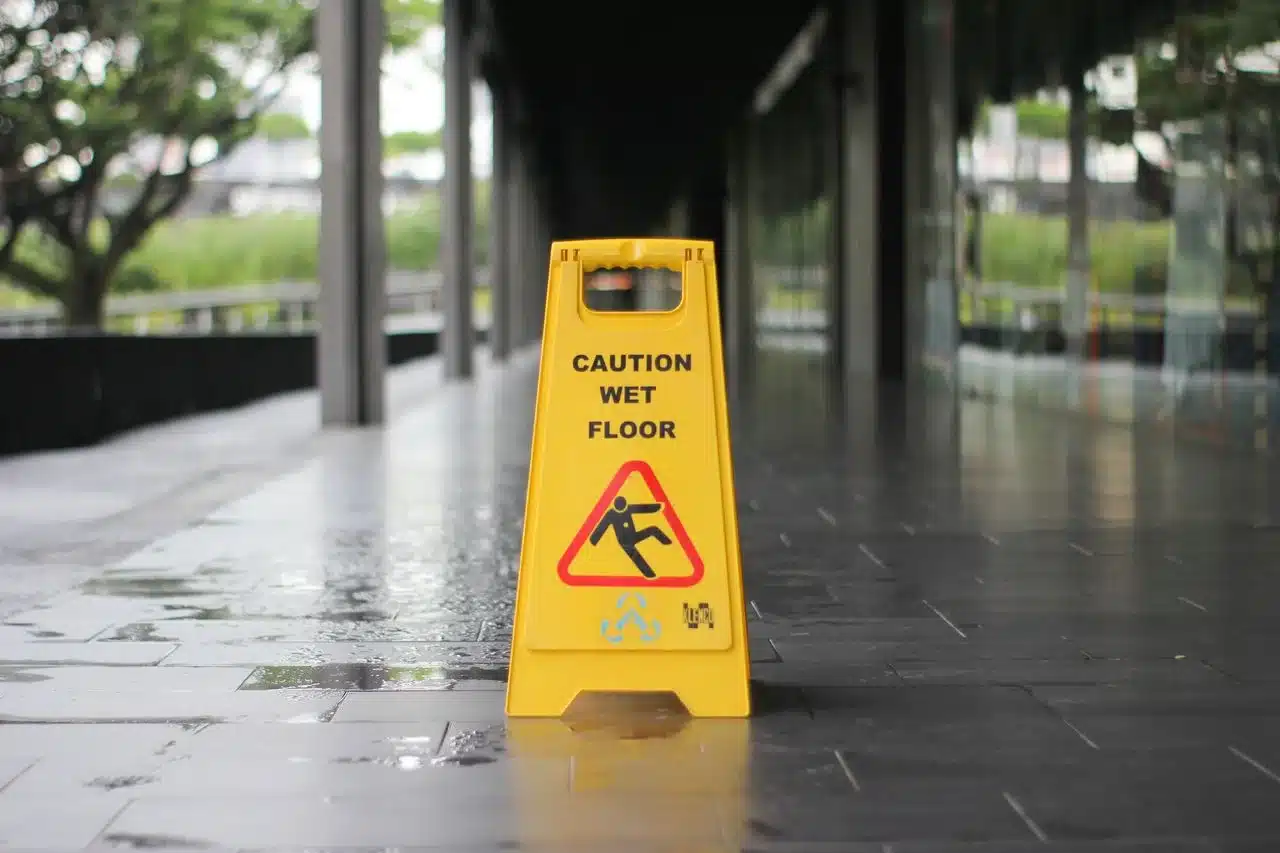Inadequate Maintenance and Premises Liability in Florida

When it comes to maintaining safe premises, property owners and occupiers in Florida have a legal responsibility to ensure the well-being of visitors and guests. Inadequate maintenance can pose serious risks, leading to accidents, injuries, and potential legal consequences. In this blog post, we will explore the topic of inadequate maintenance and its implications in premises liability cases in Florida. Understanding this aspect of the law is crucial for both property owners and individuals seeking to protect their rights in case of accidents.
The Duty of Property Owners
Under Florida law, property owners and occupiers have a duty to maintain their premises in a reasonably safe condition. This duty includes regular inspections, prompt repairs, and taking precautions to prevent hazards that could cause harm to visitors or guests.
Types of Inadequate Maintenance
Inadequate maintenance can manifest in various ways, including:
- Structural Defects: Failure to address structural issues, such as damaged floors, ceilings, or walls, can pose a significant risk to individuals on the property.
- Slip and Fall Hazards: Negligence in maintaining walkways, staircases, or parking lots can lead to slip and fall accidents. Examples include failure to remove debris, fix uneven surfaces, or adequately clear ice and snow.
- Electrical Issues: Property owners must ensure proper maintenance of electrical systems to prevent risks such as electrical shocks, fires, or malfunctioning appliances.
- Plumbing and Water Leaks: Neglecting plumbing maintenance can result in water leaks, leading to slippery surfaces, mold growth, or structural damage.
- Inadequate Security Measures: Property owners should provide adequate security measures, such as functioning locks, surveillance cameras, or proper lighting, to protect visitors from foreseeable criminal activities.
Premises Liability and Inadequate Maintenance:
Inadequate maintenance can give rise to premises liability claims if an individual suffers injuries or damages due to the property owner’s negligence. To establish liability, the injured party must demonstrate:
- Existence of a Hazard: The injured party must show that a hazardous condition existed on the premises that posed an unreasonable risk of harm.
- Knowledge or Notice: It must be proven that the property owner knew or should have known about the hazardous condition. This can be established through actual knowledge, constructive knowledge (where the condition existed for a sufficient time that the owner should have known about it), or through prior incidents.
- Failure to Remedy or Warn: Premises liability is established when the property owner failed to address the hazardous condition or provide adequate warning to visitors or guests.
Seeking Legal Assistance
If you have been injured due to inadequate maintenance on someone else’s property, it’s essential to consult with an experienced premises liability attorney. They can assess the specific circumstances of your case, gather evidence, and navigate the legal process on your behalf. An attorney will help protect your rights, negotiate with insurance companies, and pursue fair compensation for your injuries, medical expenses, and other damages.
Conclusion
Inadequate maintenance poses significant risks to the safety of visitors and guests on a property. Understanding the duty of property owners to maintain a safe environment is crucial for both property owners and individuals seeking to protect their rights in case of accidents. By recognizing the types of inadequate maintenance, understanding the principles of premises liability, and seeking legal assistance when needed, we can work towards ensuring safer premises and holding property owners accountable for their negligence.
